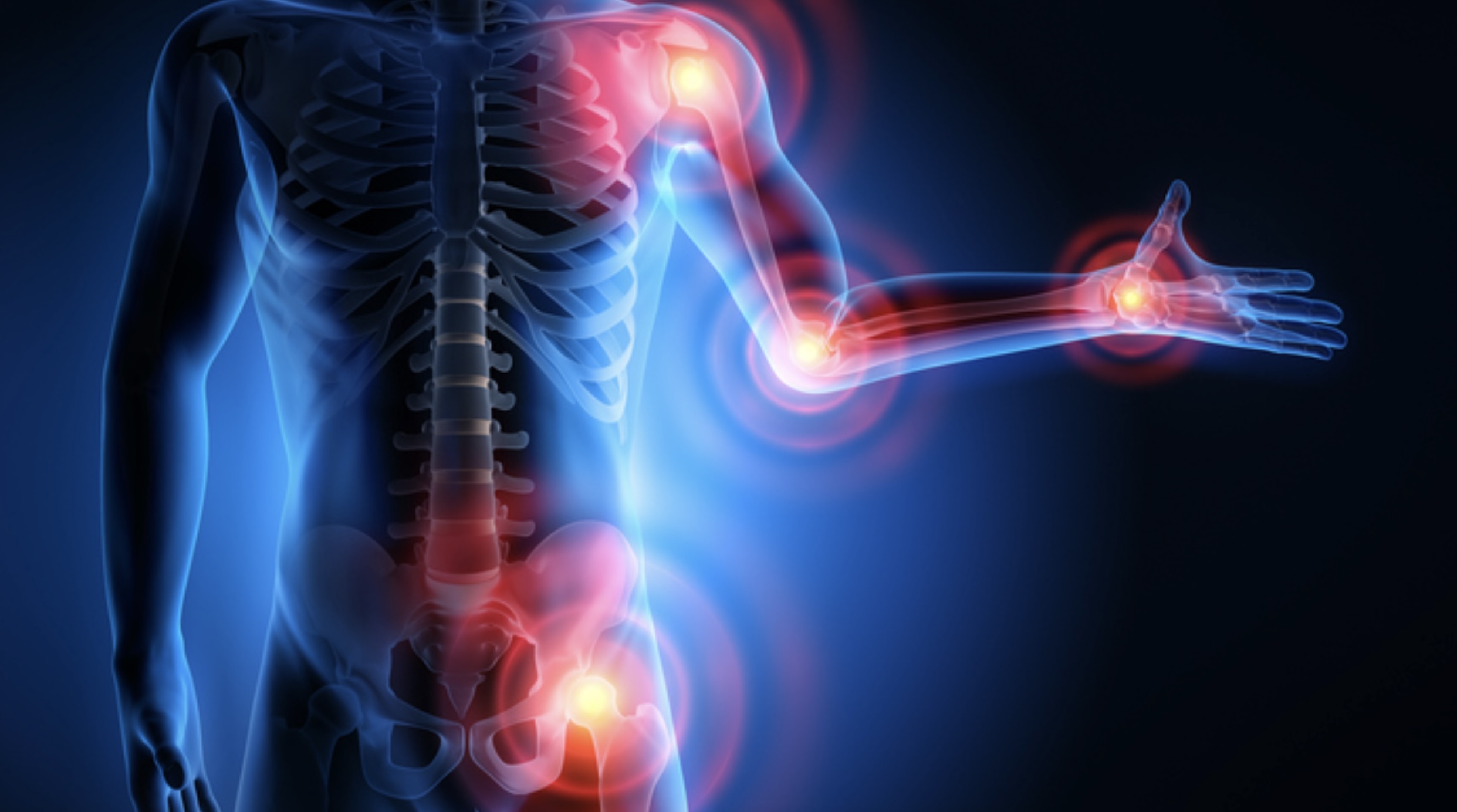What are the symptoms of subclinical hypothyroidism?
Subclinical hypothyroidism is a condition where thyroid-stimulating hormone (TSH) levels are elevated, but thyroid hormone levels (T3 and T4) remain within the normal range. Symptoms of subclinical hypothyroidism are often mild or absent, but when present, they can include:
General Symptoms
- Fatigue: General tiredness or a feeling of low energy.
- Weight Gain: Mild, unexplained weight gain despite no significant changes in diet or exercise.
Neurological Symptoms
- Depression: Feelings of depression or mood swings.
- Memory Issues: Mild difficulties with memory loss or concentration.
Skin and Hair Changes
- Dry Skin: Skin may feel dry or rough.
- Hair Changes: Hair may become dry, coarse, or thin.
Digestive Symptoms
- Constipation: Infrequent or difficult bowel movements.
Musculoskeletal Symptoms
- Muscle Weakness: Mild weakness or stiffness in the muscles.
- Joint Pain: Aches or discomfort in the joints.
Cardiovascular Symptoms
- Elevated Cholesterol: Slight increase in cholesterol levels, which can be detected through blood tests.
Reproductive Symptoms
Cold Sensitivity
- Feeling Cold: Increased sensitivity to cold temperatures.
General Well-Being
- Low Motivation: Reduced motivation or general sense of sluggishness.
Physical Appearance
- Puffy Face: Mild swelling in the face or around the eyes.
Because symptoms of subclinical hypothyroidism are often subtle and overlap with other conditions, it is typically diagnosed through blood tests that reveal elevated TSH levels while T3 and T4 levels remain normal. Regular monitoring and consultation with a healthcare provider are important to manage the condition and determine if treatment is needed to prevent progression to overt hypothyroidism.
What are the causes of subclinical hypothyroidism?
Subclinical hypothyroidism is often caused by various factors that lead to an imbalance in thyroid function, resulting in elevated thyroid-stimulating hormone (TSH) levels while thyroid hormone levels (T3 and T4) remain normal. Common causes include:
1. Autoimmune Thyroiditis
- Hashimoto’s Thyroiditis: An autoimmune condition where the immune system attacks the thyroid gland, leading to its gradual decline in function and elevated TSH levels.
2. Iodine Deficiency
- Insufficient Iodine: Iodine is essential for thyroid hormone production. Deficiency can lead to impaired thyroid function and elevated TSH levels.
3. Thyroid Surgery or Radiation
- Surgical Removal: Partial removal of the thyroid gland or radiation therapy for thyroid conditions can lead to reduced thyroid function and subclinical hypothyroidism.
4. Medication Effects
- Certain Medications: Medications such as lithium, amiodarone, or interferon can affect thyroid function and contribute to subclinical hypothyroidism.
5. Congenital Factors
- Genetic Predisposition: Some individuals may have a genetic predisposition to thyroid dysfunction or autoimmune thyroid disorders.
6. Aging
- Age-Related Changes: Thyroid function may naturally decline with age, leading to higher TSH levels.
7. Pituitary Disorders
- Secondary Causes: Rarely, pituitary gland disorders that affect TSH production can lead to subclinical hypothyroidism.
8. Systemic Illnesses
- Underlying Conditions: Certain systemic illnesses or conditions that affect overall health can impact thyroid function and contribute to elevated TSH levels.
9. Temporary Conditions
- Transient Conditions: Conditions like subacute thyroiditis or temporary disruptions in thyroid function can cause transient subclinical hypothyroidism.
10. Lifestyle Factors
- Stress or Poor Diet: Although less common, factors such as chronic stress or an inadequate diet may impact thyroid health.
Identifying the underlying cause of subclinical hypothyroidism is crucial for determining the appropriate management and treatment plan. Regular monitoring and consultation with a healthcare provider can help manage the condition and address any contributing factors.
What is the treatment for subclinical hypothyroidism?
The treatment for subclinical hypothyroidism depends on various factors, including the severity of the condition, symptoms, underlying causes, and individual patient considerations. Here’s a general approach to managing subclinical hypothyroidism:
1. Monitoring and Observation
- Regular Follow-Up: If subclinical hypothyroidism is mild and asymptomatic, the primary approach may be regular monitoring with periodic thyroid function tests to track any changes in thyroid hormone levels and TSH.
2. Lifestyle Modifications
- Healthy Diet: Adopting a balanced diet that supports thyroid health, including adequate iodine intake, can be beneficial.
- Regular Exercise: Engaging in regular physical activity to maintain overall health and support metabolic function.
3. Addressing Underlying Conditions
- Autoimmune Disorders: If autoimmune thyroiditis (such as Hashimoto’s thyroiditis) is the cause, managing the autoimmune component might help. This could include medications or interventions to modulate the immune system.
- Iodine Deficiency: If iodine deficiency is identified, increasing dietary iodine intake or using iodine supplements may be recommended.
4. Medication
- Thyroid Hormone Replacement: In cases where there are symptoms, or if the TSH levels are significantly elevated, thyroid hormone replacement therapy (e.g., levothyroxine) may be prescribed. This helps normalize TSH levels and alleviate symptoms.
- Medication Adjustment: If subclinical hypothyroidism is due to overmedication or other drug effects, adjusting or discontinuing the medication may be necessary.
5. Management of Risk Factors
- Cardiovascular Health: Monitoring and managing cardiovascular risk factors, such as high cholesterol, which can be associated with subclinical hypothyroidism.
- Bone Health: For individuals at risk of osteoporosis or bone loss, monitoring bone health and taking preventive measures may be part of the management plan.
6. Patient Education
- Informing Patients: Educating patients about the nature of subclinical hypothyroidism, the importance of regular monitoring, and potential signs of progression to overt hypothyroidism.
7. Endocrine Consultation
- Specialist Care: In some cases, referral to an endocrinologist may be appropriate for more specialized evaluation and treatment options.
The decision to treat subclinical hypothyroidism with thyroid hormone replacement is typically based on factors such as the presence of symptoms, the degree of TSH elevation, and the patient’s overall health and risk factors. Regular follow-up with a healthcare provider is essential to monitor thyroid function and adjust treatment as needed.

Leave a Reply
You must be logged in to post a comment.